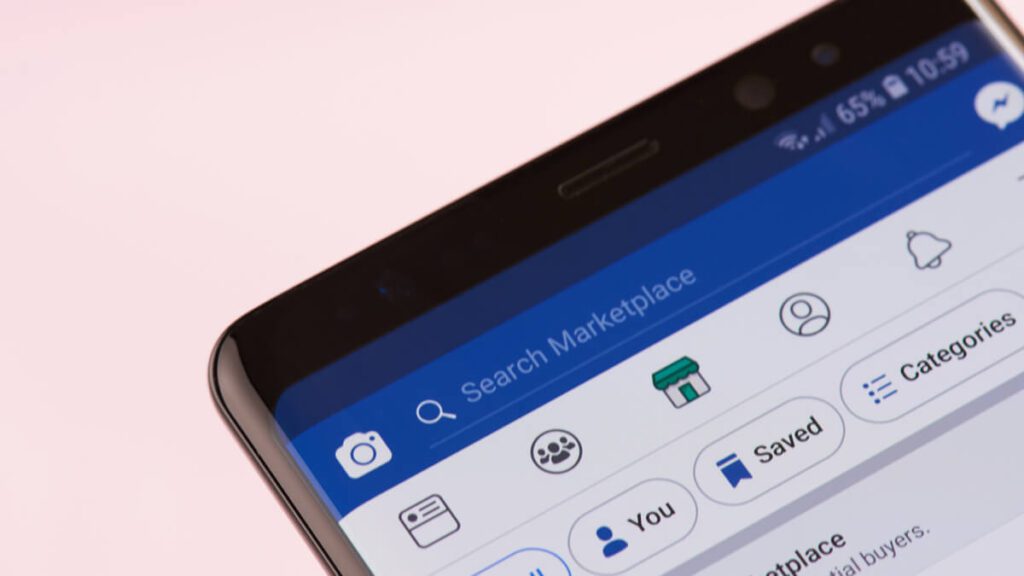
Facebook announced on Tuesday the launch of its Marketplace service to 37 countries and territories across Sub-Saharan Africa.
The service is considered as a convenient destination where people can discover, buy, and sell items from others in their local communities, simply by tapping on the Marketplace icon to browse and search for items, or filter by distance or category.
The African countries that will get access to the Marketplace service are Benin, Botswana, Burkina Faso, Burundi, Cape Verde, Central African Republic, Comoros, Democratic Republic of the Congo, Djibouti, Eritrea, Eswatini, Equatorial Guinea, Guinea, Guinea-Bissau, Gabon, Gambia, Ghana, Liberia, Lesotho, Malawi, Mali, Mauritania, Mauritius, Namibia, Niger, Republic of the Congo, Rwanda, Sao Tome and Principe, Senegal, Sierra Leone, Somalia, South Sudan, Tanzania, Togo, Uganda, Western Sahara, and Zimbabwe.
It’s worth noting that this service is already available in other African countries including South Africa, Ethiopia, Kenya, and Nigeria.
“Increasing the availability of Marketplace to 37 more countries and territories in Sub-Saharan Africa reinforces our ongoing commitment to helping connect communities and support buying and selling through one simple online destination,” said Facebook director of public policy Africa Kojo Boakye in a statement.
“As the effects of the COVID-19 pandemic continue to impact people and businesses, the expansion of Marketplace will provide more people with a convenient destination where they can discover new products, shop for things they want, or find buyers for the things they want to sell,” the company spokesperson added.
Furthermore, the social media network provided users with recommendations to buy and sell safely amid the COVID-19 pandemic, to prevent the spread of the virus.
Additionally, the Big Tech firm warned its users in a separate blog post that all services and products sold on its platform must comply with its community standards.
Noting that all retailers must be responsible for complying with all applicable laws and regulations.
As for the payment methods, the network permit accepting cash payments Cash on Delivery (COD) or person-to-person (P2P) payments.
However, if one of the parties prefer paying electronically via bank transfer or money order solutions, the company advise users to avoid payment links and log in directly through the payment method’s website.
For safety reasons, Facebook guided users who prefer to meet in person to arrange their meeting in a publicly well-lit area.